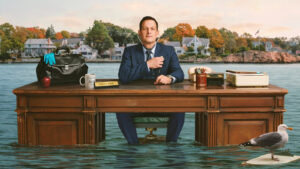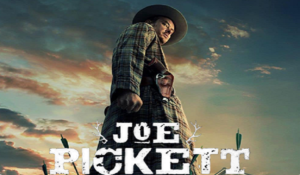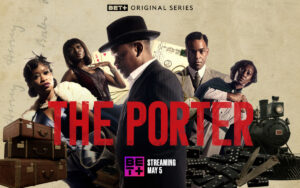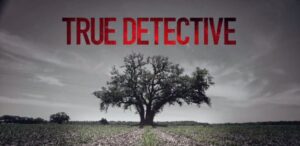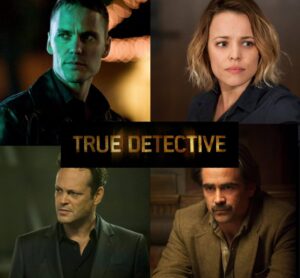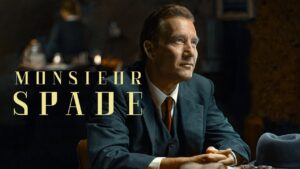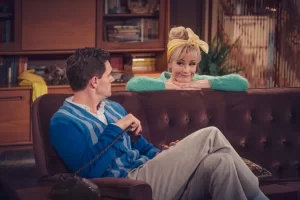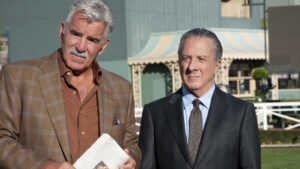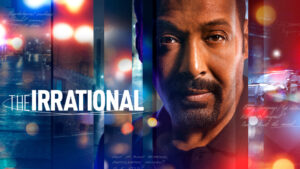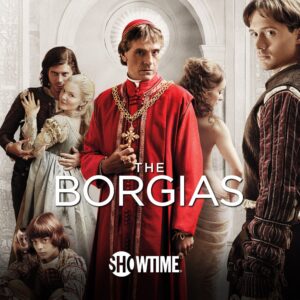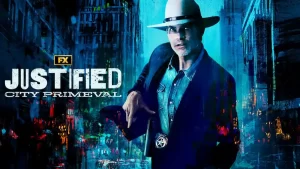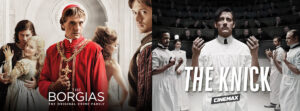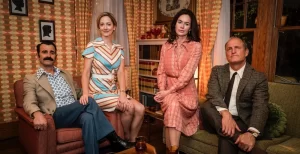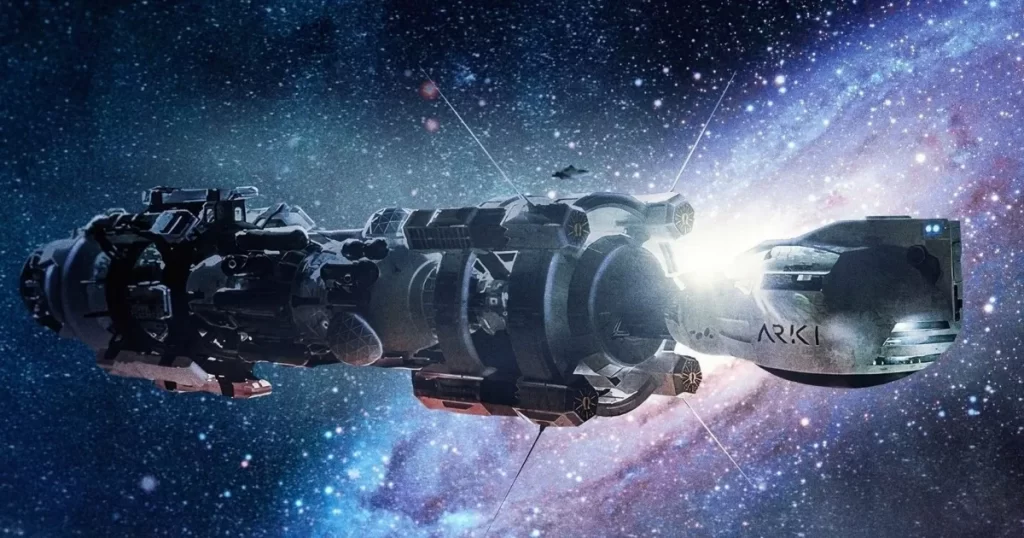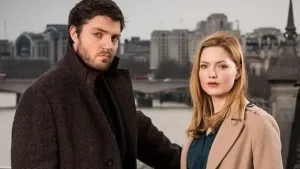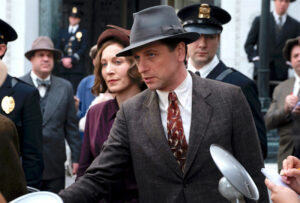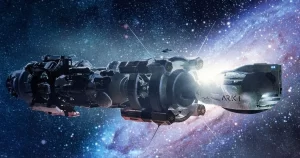One of my mother’s favorite shows is Doc Martin and she was excited for the release of the U.S. version, Best Medicine. We watched the premier last night and mother did not approve. I can’t say I much enjoyed it either.
There is an argument that if you loved the original you might be predisposed to dislike the remake but I’m not convinced that’s what is going on here. This remake doesn’t take a different tone; it seems to want to emulate the original faithfully. It fails, at least according to mom. Shall we try to find out why?
Sweet and Silly v. Twitchy and Agitated
I’ve not seen every episode of Doc Martin, as has mom, but I’ve seen a quite a few and the original is largely silly and sweet. Doc Martin himself is constantly agitated but the rest of the cast is generally more laid back. The setting is calm and peaceful.
Almost every character in Best Medicine is like Doc Martin in the original, agitated and twitchy. Louisa appears to have Turrets Syndrome, Aunt Lucy shouts all her lines, Sheriff Mark has none of the sweet but clumsy charm of Joe from the original, and Elaine the receptionist might be the most annoying character I’ve ever seen.
I get that she is supposed to be annoying but her portrayal is way too much. I’d call it cartoonish but that’s an insult to cartoons.
I’m not trying to criticize the actors here, I’m guessing this is what the director and writer desired. They are so twitchy and agitated that I get twitchy and agitated just watching them. It’s painful.
Only Bert and Al seem in any way relatable to the original characters but they are barely in the first episode.
Events are Rushed in Best Medicine
Another big problem is the speed at which everything unfolds. The storyline speeds along like the Enterprise at Warp 10. We are introduced to the quirks of all the characters through exposition almost immediately upon meeting them. Doc Martin’s blood phobia is hammered home.
Man boobs. Estrogen. More man boobs. Infidelity. Happy resolution. It all happens almost without stop. Not to mention Doc Martin’s inability to connect the dots on the two cases was baffling. I guessed immediately.
Louisa and Sheriff Mark’s storyline speeds along and the willingness of all parties to immediately confide in Doc Martin just seemed wrong. Why are these people saying these things to a virtual stranger?
Wokeism
Generally, I’m not put off by trying to insert a little diversity into an older show. Here we have two inter-racial couples one of whom is gay and it just seems a little forced. The gay couple were actually the most appealing characters in the episode so I can’t complain too greatly.
Conclusion
Listen, it’s only the first episode. Maybe things will calm down and they won’t continue to rush as much. Maybe the characters will settle in and become less agitated and twitchy. I’m hopeful but I suspect things won’t improve.
Did you like it?
Tom Liberman
